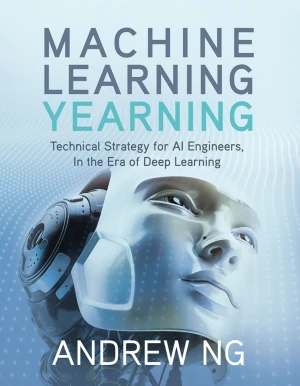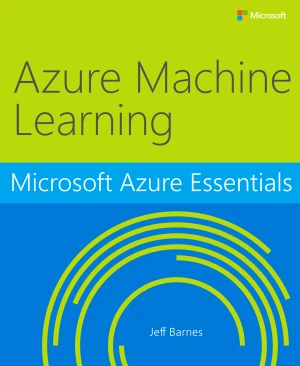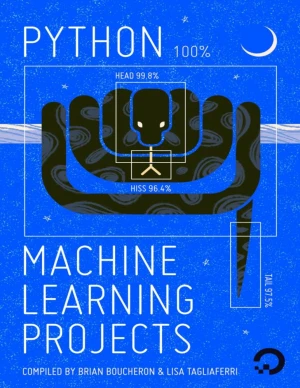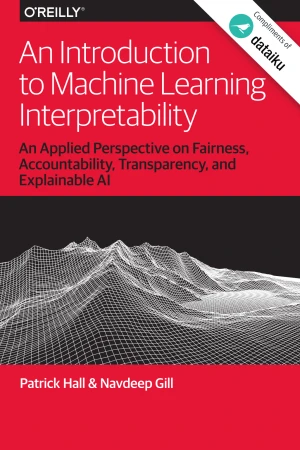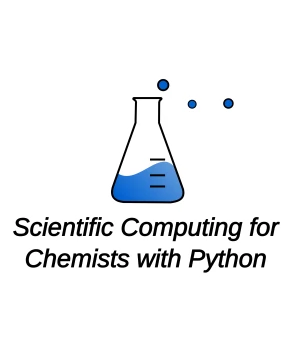AI at the Edge
Solving Real-World Problems with Embedded Machine Learning
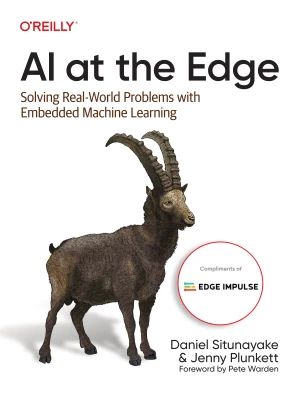
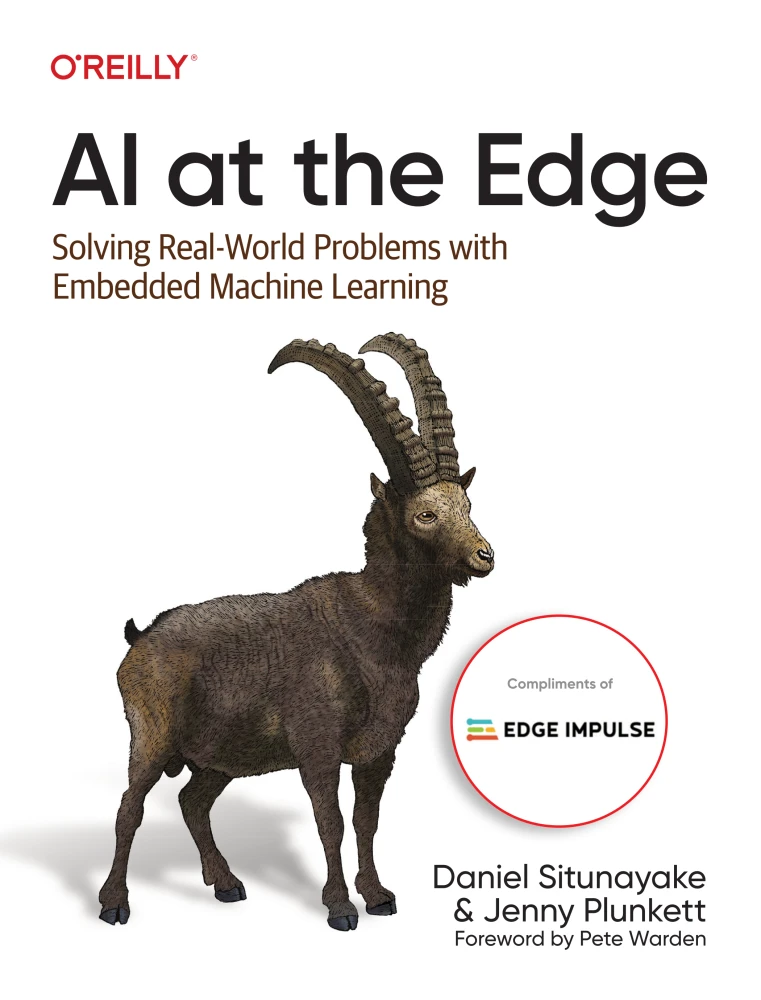
Book Details
| Authors | Daniel Situnayake, Jenny Plunkett |
| Publisher | O'Reilly Media |
| Published | 2023 |
| Edition | 1st |
| Paperback | 512 pages |
| Language | English |
| ISBN-13 | 9781098120191, 9781098120207 |
| ISBN-10 | 1098120191, 1098120205 |
| License | Compliments of Edge Impulse |
Book Description
Edge AI is transforming the way computers interact with the real world, allowing IoT devices to make decisions using the 99% of sensor data that was previously discarded due to cost, bandwidth, or power limitations. With techniques like embedded machine learning, developers can capture human intuition and deploy it to any target-from ultra-low power microcontrollers to embedded Linux devices.
This practical guide gives engineering professionals, including product managers and technology leaders, an end-to-end framework for solving real-world industrial, commercial, and scientific problems with edge AI. You'll explore every stage of the process, from data collection to model optimization to tuning and testing, as you learn how to design and support edge AI and embedded ML products. Edge AI is destined to become a standard tool for systems engineers. This high-level road map helps you get started.
- Develop your expertise in AI and ML for edge devices
- Understand which projects are best solved with edge AI
- Explore key design patterns for edge AI apps
- Learn an iterative workflow for developing AI systems
- Build a team with the skills to solve real-world problems
- Follow a responsible AI process to create effective products
This book is published as open-access, which means it is freely available to read, download, and share without restrictions.
If you enjoyed the book and would like to support the author, you can purchase a printed copy (hardcover or paperback) from official retailers.
Download and Read Links
Share this Book
[localhost]# find . -name "*Similar_Books*"
Machine Learning Yearning
AI is transforming numerous industries. Machine Learning Yearning, a free ebook from Andrew Ng, teaches you how to structure Machine Learning projects. This book is focused not on teaching you ML algorithms, but on how to make ML algorithms work. After reading Machine Learning Yearning, you will be able to: - Prioritize the most promising direction
Azure Machine Learning
This third ebook in the series introduces Microsoft Azure Machine Learning, a service that a developer can use to build predictive analytics models (using training datasets from a variety of data sources) and then easily deploy those models for consumption as cloud web services. The ebook presents an overview of modern data science theory and princ
Python Machine Learning Projects
As machine learning is increasingly leveraged to find patterns, conduct analysis, and make decisions - sometimes without final input from humans who may be impacted by these findings - it is crucial to invest in bringing more stakeholders into the fold. This book of Python projects in machine learning tries to do just that: to equip the developers
A Practical Guide to TPM 2.0
A Practical Guide to TPM 2.0: Using the Trusted Platform Module in the New Age of Security is a straight-forward primer for developers. It shows security and TPM concepts, demonstrating their use in real applications that the reader can try out. Simply put, this book is designed to empower and excite the programming community to go out and do cool
An Introduction to Machine Learning Interpretability
Innovation and competition are driving analysts and data scientists toward increasingly complex predictive modeling and machine learning algorithms. This complexity makes these models accurate but also makes their predictions difficult to understand. When accuracy outpaces interpretability, human trust suffers, affecting business adoption, regulato
Scientific Computing for Chemists with Python
Scientific computing utilizes computers to aid in scientific tasks such as data processing and digital simulations, among others. The well-developed field of computational chemistry is part of scientific computing and focuses on utilizing computing to simulate chemical phenomena and calculate properties. However, there is less focus in the field of

